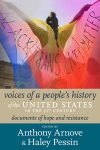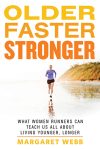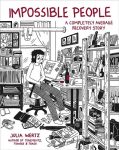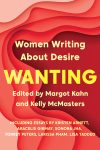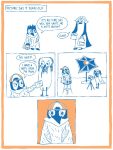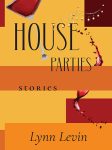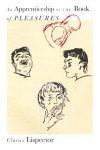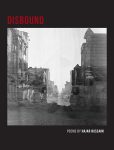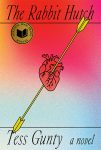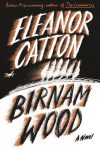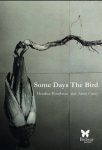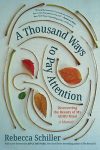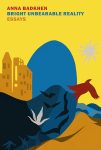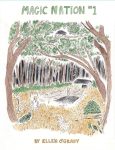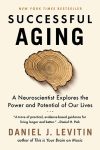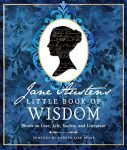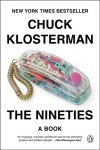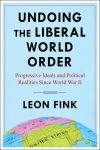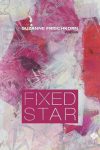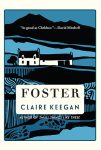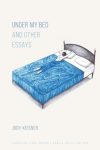Book Review :: The Woman From Uruguay by Pedro Mairal
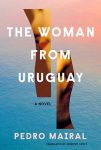
Guest Post by Colm McKenna
Translated by Jennifer Croft, The Woman From Uruguay by Pedro Mairal follows Lucas Pereyra’s day trip from Buenos Aires to Montevideo, which is fuelled by two motives: to exchange a 15,000 dollar advance for his last book, and to spend some time with a young girl from a literary conference he is trying to bed.
The unpredictability of the Argentinian economy means that if Lucas were to take his advance in Buenos Aires, he would receive less than half of what he would get in Uruguay. Transporting money that way is illegal, though he really is between a rock and a hard place; dealing with Argentinian pesos is like “being paid in ice in the middle of the summer, and freezers are illegal.”
Anxiety abounds here, anxieties which are further fostered by an ambivalence towards his young son, and suspicions about his wife’s adultery. The story is dejected and hopeless, full of self-doubt and hatred. Hints of ambition filter through though, even if these are buried under familial and professional obligations.
An anti-hero in the truest sense, we are still somewhat drawn to Lucas due to his playful, vivid style, his biting social criticism, and most importantly the strength of his writerly ambitions, which unfortunately butt heads with the bleak reality of literary production, As one of his colleagues puts it, “books have to be written… then you decide how much they’re worth… you polish them like diamonds, and then you sell them like a string of sausages.”
Mairal’s protagonist is far from likable, but it would be unjust to make him so. This man, whose obligations towards his family and his career are at odds with his fundamental desire, holding him back from it; how can we expect him to come up smiling?
The Woman From Uruguay by Pedro Mairal; translated by Jennifer Croft. Bloomsbury Publishing, October 2022.
Reviewer bio: Colm McKenna is a second-hand bookseller based in Paris. He has published and self-published an array of short stories and articles, hoping to eventually release a collection of stories. He is mainly interested in the works of John Cowper Powys, Claude Houghton, and a range of Latin American writers.


